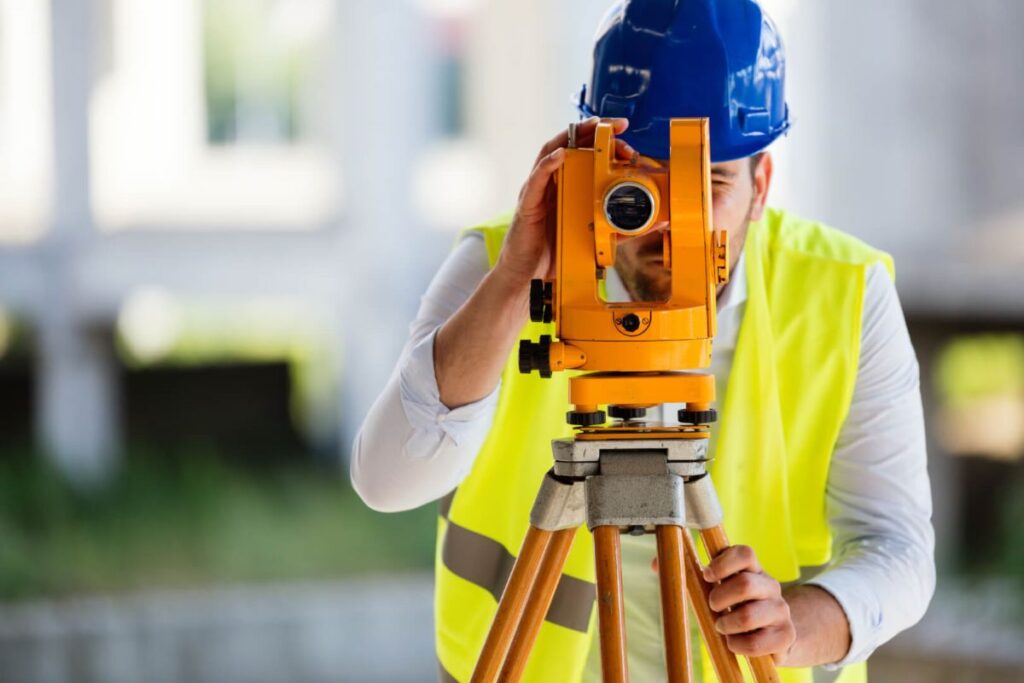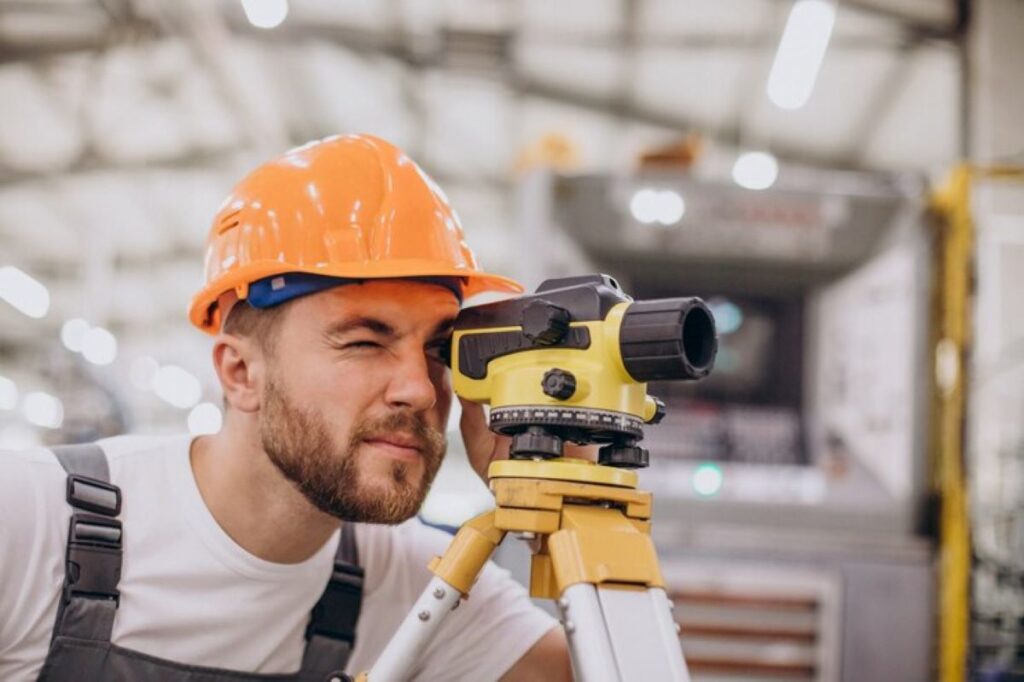In the complex world of construction, where precision and accuracy are paramount, experienced surveyors play an indispensable role. Their expertise ensures that projects not only commence on a solid foundation but also progress smoothly and efficiently. From initial site assessments to the final touches, surveyors are involved at every stage, providing critical insights and data that guide the construction process. Understanding the importance of experienced surveyors can significantly impact the success of any construction endeavour.
The Role of Surveyors in Construction Projects
Initial Site Assessment and Feasibility Studies
Before any construction project begins, a comprehensive site assessment is essential. Surveyors conduct detailed land survey, considering factors such as topography, soil composition, and existing structures. This information is crucial for determining the feasibility of the project and for planning the layout of the construction site. By identifying potential challenges early on, surveyors help to mitigate risks and avoid costly delays.
Feasibility studies conducted by surveyors also involve evaluating environmental impacts and compliance with local regulations. Their expertise ensures that the project adheres to legal requirements, which is vital for obtaining necessary permits and approvals. This early intervention by experienced surveyors can save time and resources, setting the stage for a successful project.
Design and Planning Support
Surveyors provide invaluable support during the design and planning phases of construction projects. They supply architects and engineers with precise measurements and data, which are essential for creating accurate plans and blueprints. This collaboration ensures that the design is both practical and achievable, taking into account the unique characteristics of the site.
Moreover, surveyors assist in identifying the optimal placement of structures, utilities, and infrastructure. Their input helps to maximise the use of space and resources, contributing to a more efficient and cost-effective construction process. By integrating surveyors’ insights into the planning stage, projects are more likely to proceed without unexpected complications.
Ensuring Accuracy and Precision
Advanced Surveying Techniques and Technology
Experienced surveyors utilise a range of advanced techniques and technologies to ensure accuracy and precision in their work. Tools such as GPS, laser scanning, and drone technology allow surveyors to gather detailed data with remarkable accuracy. These technologies enable surveyors to create precise maps and models, which are essential for guiding construction activities.
The use of cutting-edge technology also allows surveyors to monitor progress in real-time, identifying any deviations from the plan and making necessary adjustments. This proactive approach helps to maintain the integrity of the project and ensures that it remains on schedule and within budget.
Quality Control and Risk Management
Surveyors play a critical role in quality control and risk management throughout the construction process. By conducting regular inspections and assessments, they ensure that the work meets the required standards and specifications. This attention to detail helps to prevent errors and defects, which can lead to costly rework and delays.
In addition, surveyors are adept at identifying potential risks and implementing strategies to mitigate them. Their expertise in risk management is invaluable for maintaining the safety and stability of the construction site. By addressing issues proactively, surveyors contribute to a safer and more efficient work environment.
Facilitating Communication and Collaboration
Bridging the Gap Between Stakeholders
Construction projects often involve a diverse range of stakeholders, including architects, engineers, contractors, and clients. Surveyors serve as a vital link between these parties, facilitating communication and collaboration. Their ability to interpret and convey complex data ensures that all stakeholders have a clear understanding of the project’s progress and requirements.
By acting as intermediaries, surveyors help to resolve conflicts and discrepancies that may arise during the construction process. Their impartial perspective and technical expertise enable them to mediate effectively, ensuring that the project remains on track and that all parties are aligned in their objectives.

Enhancing Project Efficiency
Effective communication and collaboration are key to enhancing the efficiency of construction projects. Surveyors contribute to this by providing accurate and timely information, which allows for informed decision-making. Their insights help to streamline processes, reduce waste, and optimise resource allocation.
Furthermore, surveyors’ involvement in project management ensures that tasks are prioritised and coordinated effectively. By keeping all stakeholders informed and engaged, surveyors help to maintain momentum and drive the project towards successful completion.
The Long-term Benefits of Experienced Surveyors
Ensuring Structural Integrity and Longevity
The expertise of experienced surveyors extends beyond the construction phase, impacting the long-term success of the project. By ensuring that structures are built on a solid foundation and adhere to precise specifications, surveyors contribute to the structural integrity and longevity of the building. This attention to detail reduces the likelihood of future issues and maintenance costs. CheckOut more guidence about How Surveying Ensures Accuracy in Land Development Projects.
Surveyors also play a role in post-construction assessments, evaluating the condition of the structure and identifying any areas that may require attention. Their ongoing involvement helps to preserve the value and functionality of the building, ensuring that it remains a viable asset for years to come.
Contributing to Sustainable Development
In today’s construction industry, sustainability is a key consideration. Experienced surveyors contribute to sustainable development by promoting efficient use of resources and minimising environmental impact. Their expertise in site analysis and planning helps to identify opportunities for incorporating sustainable practices and technologies into the project.
By advocating for environmentally responsible construction methods, surveyors help to reduce the carbon footprint of the project and promote long-term sustainability. Their commitment to sustainable development aligns with the growing demand for eco-friendly construction solutions, benefiting both the environment and the community.

Conclusion
Experienced surveyors are essential to the success of construction projects, providing the expertise and insights necessary to navigate the complexities of the industry. From initial site assessments to post-construction evaluations, their involvement ensures that projects are executed with precision and efficiency. By facilitating communication, managing risks, and promoting sustainability, surveyors play a pivotal role in shaping the future of construction. Their contributions not only enhance the quality and longevity of the built environment but also support the industry’s commitment to innovation and progress.

